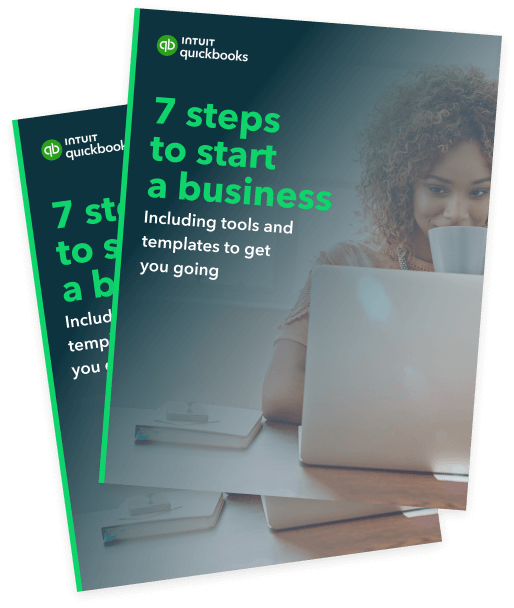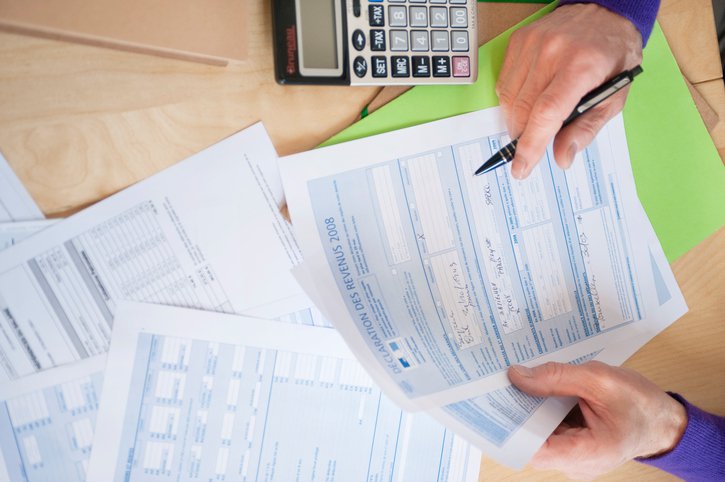Australia Business Tax Return
Do you need to lodge a tax return for your business income? If you’re not sure how to submit a tax return in Australia, the following information is for a sole trader or Australian Business Number holders.
Needless to say, there are many different types of businesses, so there’s no one-size-fits-all approach to lodging online tax returns for businesses. What you need to report – especially at the end of the financial year (EOFY) – and how you lodge your annual income tax return will depend entirely on your type of business entity.
So, let’s look at how this varies across the different types of businesses.
Not-for-profits and companies
Some not-for-profit (NFP) clubs, societies and associations are subject to income tax. Examples of taxable NFPs include social clubs, professional associations, and political parties.
For the purposes of income tax, taxable NFPs are treated as either nonprofit companies or as other taxable companies:
- A nonprofit company with a taxable income over $416 per year must lodge a company tax return
- Taxable companies are taxed on every dollar of taxable income and must lodge an income tax return each year regardless of their level of taxable income
Meanwhile, companies themselves will need to lodge a company tax return, and pay tax at company tax rates — whether it is at the small business company tax rate of 27.5% or the general company tax rate of 30%.
Any payments remitted from your company to you as an individual will be reported in your own personal income tax return. For more advice on this, speak to a tax professional.
It’s always worth delving into the specifics of your situation – even if you’re a not-for-profit, you might still be eligible to lodge a company tax return. While this is a bit of an administrative pain, the act of lodging your returns online is very straightforward: simply fill out this year’s company tax return.
Sole traders
This is the simplest business structure. It simply refers to an individual running a business. You own the business yourself, you control and manage the business by yourself, and you alone are legally responsible for all aspects of it.
As a sole trader, you:
- Lodge your income tax return with the ATO using your individual tax file number (TFN).
- Pay tax at the same income tax rates as individuals, although you may be eligible for the small business tax offset.
- Have the option to pay your income tax in quarterly pay-as-you-go (PAYG) instalments. Generally, you will need to pay instalments if you reported at least $4,000 or more of business or investment income in your latest tax return, although some exceptions apply.
- Report all your income and expenses on your individual tax return (under the section for business items).
- Claim tax deductions for any business expenses or personal superannuation contributions you make in the relevant financial year.
You can’t employ yourself, although you can employ other people, with all the attendant employer responsibilities, including paying superannuation.
This means that the amounts you take from the business for yourself are not wages for tax purposes (even if you think of them as wages and you can’t claim a deduction for them).
However, any wages that you pay your employees will reduce your overall tax bill (as they’re considered to be business expenses).
It’s worth highlighting that if you’re receiving personal services income (PSI) (where you’re paid mostly for your personal efforts, skills, or expertise), your income may be treated differently than for a sole trader.
For example, you can’t claim deductions on any wages that you pay support staff for administrative tasks (like secretarial work), and you’ll have to complete the PSI question in your individual tax return. So, you’re still a sole trader, but there are some additional rules.
Filing your online tax returns is an easy process for sole traders (all things considered). All you need to do is grab your TFN, visit the ATO site, file your yearly income and expenses, and claim allowable deductions!
Partnership
A partnership is when more than one person owns and runs a business. Between you and your partner or partners, you control and manage the business and are legally responsible for all aspects of it. The partnership’s profits are shared among the partners in a legally agreed-upon manner.
A partnership doesn’t pay tax on its income, but it must lodge a partnership tax return with the ATO, declaring all income earned and listing all deductible expenses. The partnership tax return should also show how the net income or loss was distributed between the partners, and each partner must declare their individual share of the partnership’s net income or loss in their individual tax return.
Furthermore, each partner owns a proportion of any asset that is liable for capital gains tax (CGT).
For example, you and your partner co-own an office block that you decide to sell for a net profit of $100,000. Given that you had an equal share in the building, your $50,000 share of the profits would be added to your overall income tax return (as there’s no specific CGT).
Partners can choose to pay their tax using the PAYG instalment system, too. To calculate the proportion of the partnership’s income that you need to include in your total instalment income, use the following ATO formula.
So let’s briefly run through the key takeaways to filing your partnership’s online tax return:
- Fill out the partnership tax return by October 31.
- Declare your total annual income and expenses.
- Show how the net income or loss was distributed amongst partners.
- Include the proceeds from anything that’s eligible for CGT.
- Include all this on your individual income tax return.
Trusts
A trust is not a separate taxable entity, but the trustee is required to lodge a tax return on behalf of the trust. In general, trust beneficiaries declare the amount of the trust’s income they are entitled to on their own individual tax returns and pay tax on it.
However, a trust distribution doesn’t need to be declared if family trust distribution tax has already been paid. Trust beneficiaries can pay their income tax in quarterly PAYG instalments in the same way as a sole trader, although you will first need to work out your portion of the trust’s instalment income.
Fortunately, the process of filling out the trust tax return online is a piece of cake.

















